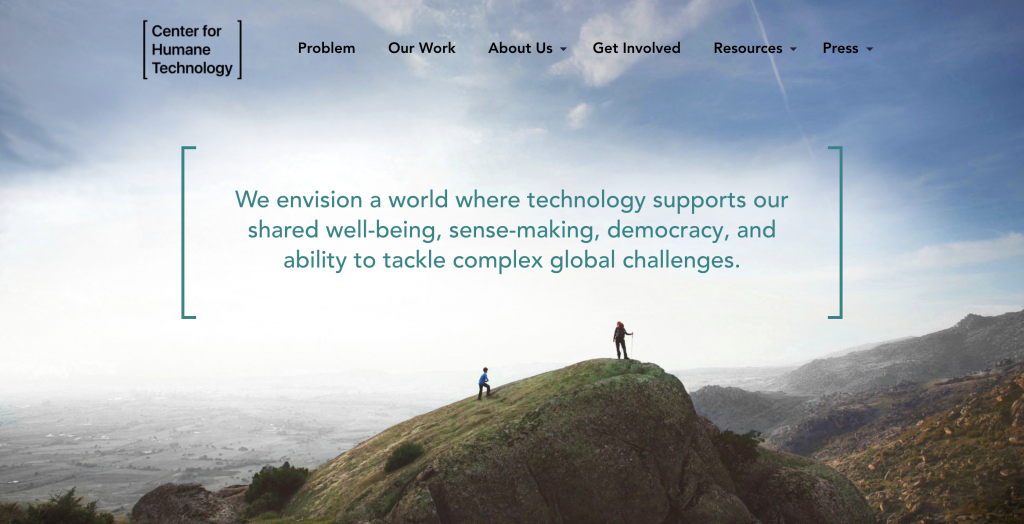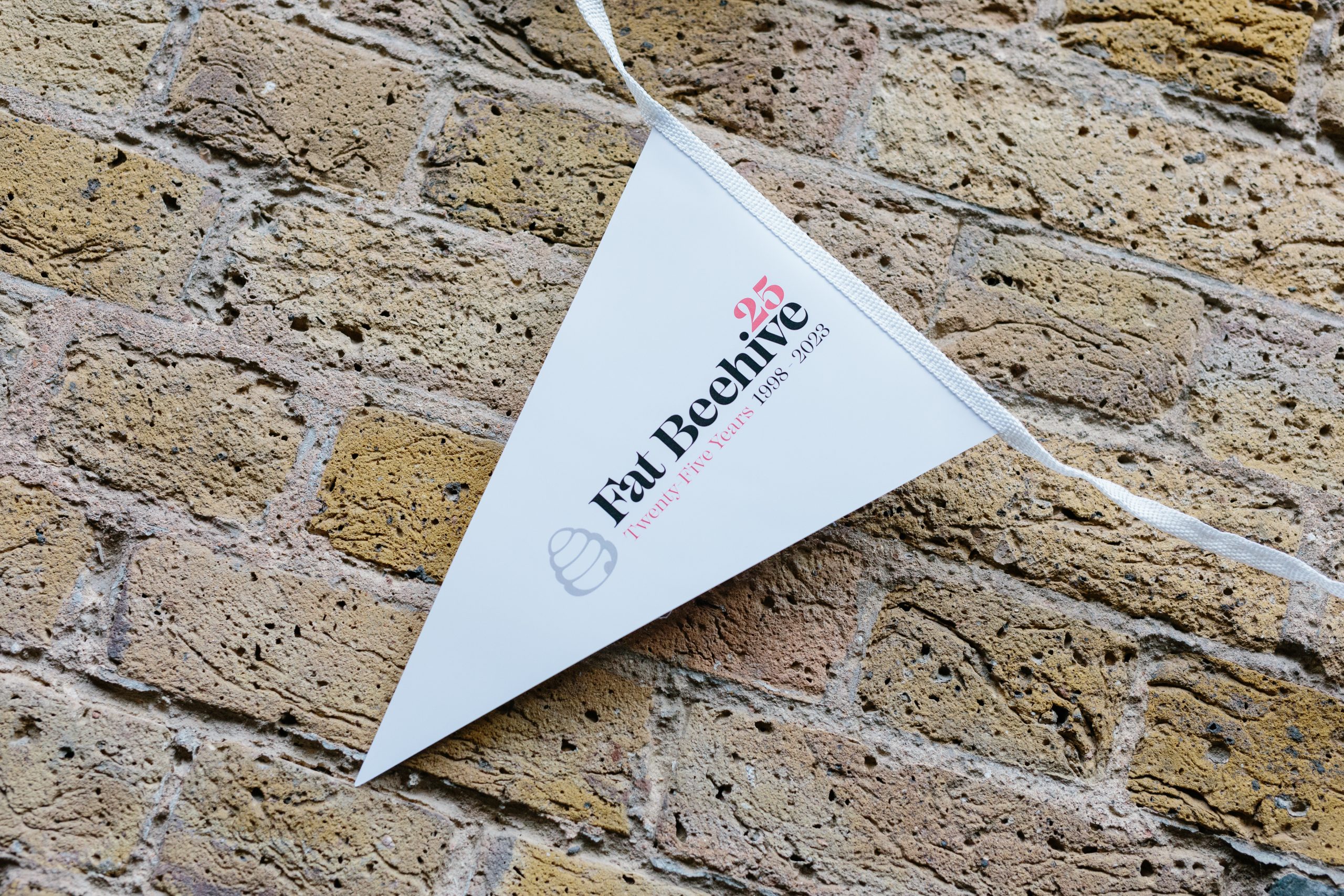Feeling blue?
20 January is Blue Monday: a day now marked with an equal number of publications offering ways through it as those debunking its scientifically dubious origins.
For those unaware, the third Monday of January is mathematically supposed to be the most depressing day of the year. The equation factors in things such as predicted weather, debt level, time spent sleeping and stress, and it makes the day the saddest on average. Happy Blue Monday!
It’s nonsense, of course, but in a way that doesn’t really matter. It feels kind of right in people’s imaginations, and having a licence to treat yourself is nice – which is why you’ll see lots of brands latching on to the concept across social media, and an audience completely ready to buy-in.
There’s an irony here, as said social media is now widely believed to be potentially damaging to the psyche – and even Facebook executives have privately conceded it may have issues. “While Facebook may not be nicotine I think it is probably like sugar,” wrote company executive Andrew Bosworth in a memo recently leaked to the New York Times. “Sugar is delicious and for most of us, there is a special place for it in our lives. But like all things, it benefits from moderation.”
Social media is supposed to be especially damaging to young people, and the government sought to tackle this in a draft Online Harms White Paper back in April. But this was in the days when Theresa May was still Prime Minister, so its fate is very much up in the air.
In the meantime, plenty of people – companies, individuals and nonprofits alike – have stepped in to fill the gap.
Physician, heal thyself
Oddly, Apple and Google – the two remaining serious players in the smartphone OS world – have been amongst the keenest to make customers think about their potentially unhealthy relationships with smartphones. Apple’s Screen Time app lets iPhone and iPad users monitor their time on apps, and set themselves or their children limits on what they can use, when and for how long. Google’s own Digital Wellbeing app does similar for Android users.
Even Facebook has got in on the act, with tools to manage your time on the main app as well as on its Instagram platform. You can silence notifications on a granular level so you only get messages from actual humans if you like, and it’ll gently nudge you if you’re spending more time than you want to, as well.
These are still quite small steps in the eyes of groups like the Center for Humane Technology, which advocates people taking more drastic steps to break free of smartphones’ attention-grabbing sheen.
At the time of writing, the controls on Instagram seem to have gone from my app, but you would imagine they’ll be back in some form soon given the way the industry is moving. Especially as the company is experimenting with the removal of “like” numbers to try and reduce the competitive pressure to perform.
But these are still quite small steps in the eyes of groups like the Center for Humane Technology, which advocates people taking more drastic steps to break free of smartphones’ attention-grabbing sheen. Turning off all non-social notifications, putting the screen into black-and-white mode and removing anything but tools from the home screen are all ways the group suggest users “take control” of their device.
App opportunities
But while smartphone and app makers have sometimes taken advantage of human psychology for less than desirable ends, to dismiss the medium entirely would be quite a Luddite take.
Even the cheapest smartphone has several hundreds of times more power than the computer that plotted the moon landings. Not only that, but they provide instant access to all the world’s knowledge (signal permitting!) and put you in instant contact with anyone, anywhere in the world. It would be a bit weird if this weren’t being used for improving mental health in some capacity.
Sure enough, the apps available are as diverse as the tapestry of mental health conditions they aim to treat. Recovery Record (iOS, Android) is aimed at treating those recovering from eating disorders by allowing them to log meals and seek help from the community as required. Catch it (iOS, Android) from Liverpool and Manchester Universities, meanwhile, encourages users to keep mood diaries, while teaching the practices of Cognitive Behavioural Therapy (CBT). For more immediate help, something like notOK (iOS, Android) provides a big panic button which immediately sends GPS location and a message requesting help to trusted contacts.
And as you might expect, mental health charities are also in the mix. Elefriends (iOS, Android), for example, is an app from mental-health charity Mind.
And as you might expect, mental health charities are also in the mix. Elefriends (iOS, Android), for example, is an app from mental-health charity Mind, which bills itself as a supportive online community for people to “listen, share and be heard”. While the anonymity of internet forums tend to bring out the worst in people, it’s moderated by the “Ele handlers” between 10am and midnight.
Then there’s Shout – a 24/7 SMS-based crisis line, run by volunteers and free to text from all the major phone networks in the UK. Known as the Crisis Text Line in the US, the service brings instant help to those who are more comfortable with the text-based functionality of modern phones.
That might sound pretty similar to Samaritans, which has been offering lifelines to those in need decades before Steve Jobs appeared on stage with the iPhone in 2007. It too has seen the power of the smartphone. Last year, the charity announced that it would be launching two apps: one to assist the volunteers that run the phone lines, and another for those that need help but for whatever reason – social anxiety, autism, a lack of privacy – find it difficult to pick up the phone for a call.
These aren’t actually the first apps the charity has made, but the previous effort – Samaritans Radar – was well-intentioned, but ultimately left enough people feeling uncomfortable that it was pulled. The app would study public Twitter timelines for warning phrases like “hate myself” and “help me” and then alert followers – but ultimately that made some users feel more vulnerable and it was withdrawn.
Pitfalls
That’s a potential pitfall of apps in this space. Although one aim is to remove the stigma of mental health conditions until that goal is achieved they run the risk of making things worse. Regrettably, most feel the need to promote their privacy credentials, as those who need help are evidently worried by the potential for judgement.
Then there’s another, more serious issue: the wild west of the App Store and Google Play might not be the ideal environment for surrogate advice and counselling services – especially with fake and paid reviews being commonplace. For that reason, it’s worth consulting the NHS website which has a list of recommended apps, assessed to a set of criteria by experts.
Still, these are relatively small problems in the greater scheme of things, and it’s genuinely exciting that mental health has found its own niche in the app revolution. If you’re struggling this January – Blue Monday believer or not – it’s nice to know that picking up the phone could be the start of a genuine breakthrough.


